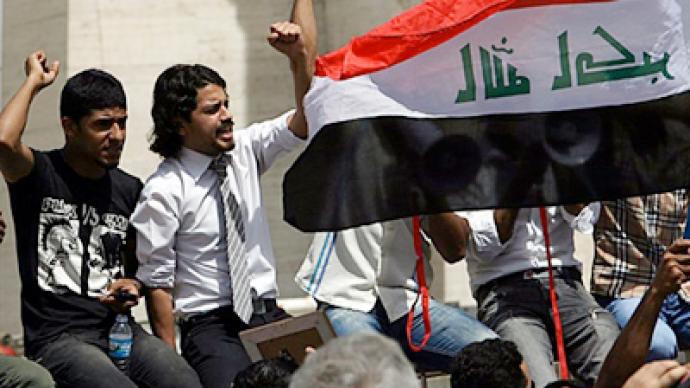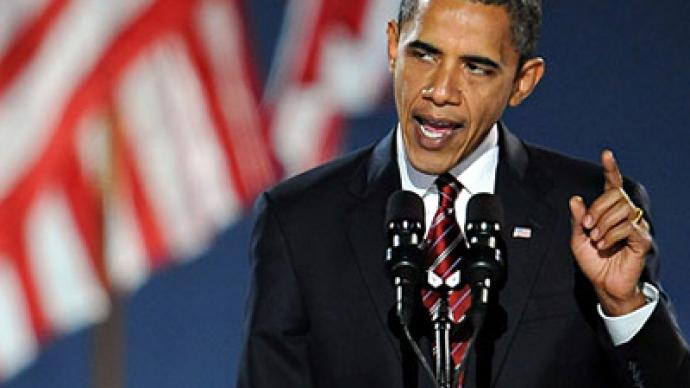The next chapter in Egypt's handbook on democracy will see free elections held in September. Rather than a path towards open democracy, radical Islamic groups like the Muslim Brotherhood are gaining ground in the polls.
The army is clearing Cairo’s Tahrir Square of demonstrators to show everything is back to normal. But after months of upheaval, the more things change, the more they stay the same.It is very much the same people in charge as before.“The Egyptians are concerned that they may have got rid of the dictator but they haven’t got rid of the dictatorship,” says James Denselow, a Middle East expert from Kings College London. “There are deep concerns as to whether the reforms have gone far enough, whether the restrictions, and the role of the military is still too great for true freedom to emerge in Egypt, and that’s the debate that’s polarizing society in Egypt right now.”But without the army, comes a power vacuum. And the Muslim Brotherhood is poised to step into that vacuum.Linked to Al-Qaeda, the Brotherhood is understood to be multiplying and organizing from the mosques. According to their spokesperson, they expect to win 75 per cent of the electoral seats they contest in September’s election.Some expect something more sinister.“There might be a deal between the army and the Muslim Brotherhood to share power and basically hijack the whole revolution,” says Younes Abouyoub, Middle East scholar at Columbia University. “This is the oldest and the best organized political movement in opposition so far. And of course, if the field is more or less level after Mubarak has gone, they have more chances than others who are not well organized.”Back at the beginning of the year, European leaders appeared to adopt a hands-off approach to supporting democracy in Egypt.But Americans are now arriving in droves to exert their influence over the democratization process.“It’s very worrying to see so many advisors from Washington arriving in Cairo, and perhaps trying to hijack the revolution for Washington’s ends,” said journalist and author Afshin Rattansi. “We must always remember that Egypt was a strategic lynch-pin in Washington’s foreign policy, that all-important Suez Canal and the Nile River basin. So we’ll see the forces aligned against any leader that does emerge in Egypt, Washington will definitely try and get it on side.”But what if it is the Muslim Brotherhood? Although the West has had some dealings with the Brotherhood, it acted very differently towards its root organization, Hamas, classified by some countries as a terrorist organization.In 2006, Hamas won a democratic election in the Palestinian Authority. In response, the Middle East Quartet imposed severe sanctions.According to the Merriam-Webster Dictionary, the definition of “democracy” is “government by the people”. But what will happen in European corridors of power if the people of Egypt choose what is perceived abroad to be the wrong government?The world awaits the results of September’s elections.


